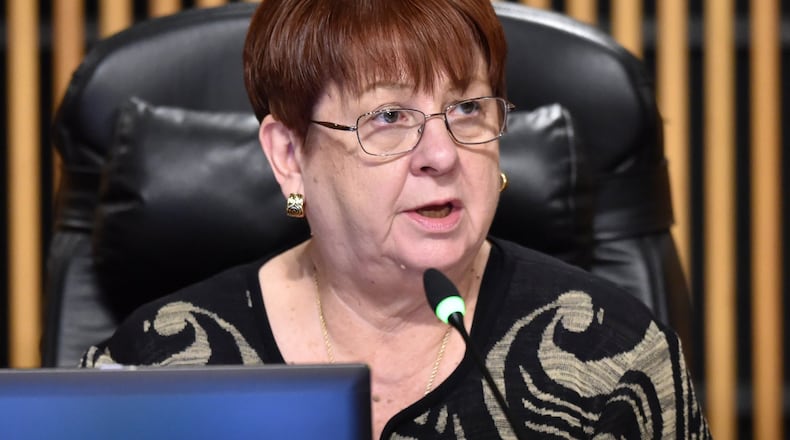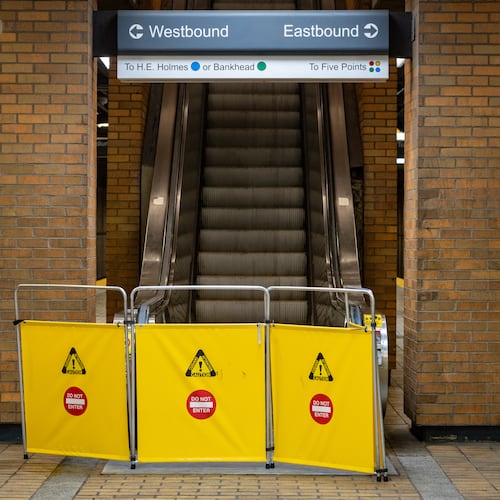Gwinnett County declared a state of emergency Monday evening, a move Commission Chairman Charlotte Nash said will give the county more flexibility if the coronavirus pandemic worsens.
The move gives Nash additional powers to suspend laws, use public property or create temporary housing as necessary, and echoes state and national declarations made in recent days.
The measure also relaxes the county’s normal procurement rules, giving more leeway to acquire supplies it may need to respond to the pandemic. That, Nash told Channel 2 Action News, is the most appealing provision for now.
“We just need more flexibility,” she said. “As we’ve seen over the past two weeks, the situation’s very fluid. It’s evolving.”
The declaration expires April 13, but can be extended.
Gwinnett County government is still open, though many other local governments have closed. Nash intimated that the county may restrict access to more government buildings — it has already largely shut down courts and closed its senior centers, among other responses.
On Tuesday, there was plenty of space in the 450-person auditorium at the Gwinnett County Justice and Administration Center for people to spread out. Just 21 staffers and two reporters attended the commission meeting Tuesday morning; an afternoon meeting only had 19 people.
There was more room on the dais, too. Two county commissioners participated in the meeting from their phones, while a third just didn’t show up. Only two were in attendance in person.
It made for a strange meeting — a situation that’s increasingly likely for local governments that remain open as people socially distance themselves and meetings move online or are conducted over phone lines.
Commissioners conducted normal county business, approving millions of dollars in expenditures for water pipes and county roads. They also urged residents — none were in the audience, but perhaps they were watching at home — to use the county’s online resources to pay water bills or get library books.
The adjustment was “a little bit awkward” Nash said, as she had to call for some votes more than once to ensure that she knew who was for something and who was opposed to it. A lag time on the phone line created some confusion during some votes.
The commission canceled a March 24 zoning meeting that Nash said would have brought a lot of people together. It also declined to hold a March 26 meeting to discuss early voting hours — instead, that discussion will happen on April 7, at a meeting that was previously scheduled.
Nash said the county was doing everything in its power to keep people safe and provide essential services for residents. She told Channel 2 the county was in “newly charted waters.”
“We see this as likely to be a long-term situation,” she said. “Our community is pulling together.”
About the Author
Keep Reading
The Latest
Featured




